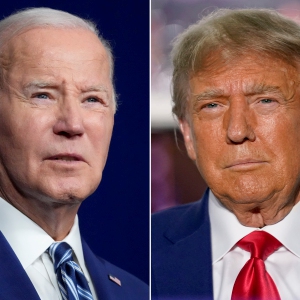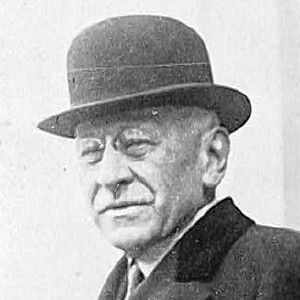Sean Valentine: Voter choice does not exist in a vacuum

Glenn Carstens-Peters/StockSnap Glenn Carstens-Peters/StockSnap
| Published: 01-02-2024 10:32 AM |
Recently I have read many an article from many an erudite legal scholar saying that the 14th Amendment should not bar Mr. Trump from running for office. Many argue that the "democratic" thing to do is to allow voters to decide. If we feel he isn't fit, then let our votes be the judge. I might be inclined to see some wisdom in this argument, except that it conveniently forgets one crucial part of our electoral system: the Electoral College.
Voters do not directly elect the president. Rather, the popular voting results of each state determine the number of Electoral College votes each candidate receives. It is that total that determines the winner. Why is this important to remember in the context of "voters be the judge?" Well, let us recall that Mr. Trump lost the popular vote in 2016. The majority of voters felt then that he was unfit for office. He became President anyway, because of the results of the Electoral College. Lest one thinks that was a fluke, it wasn't. Losing the popular vote but becoming president has happened three other times: 1876, 1888, and 2000.
Coincidentally, each of these results benefitted a Republican candidate. So, what if voters once again conclude that Trump is unfit to be president, and he reoccupies the Oval Office anyway? What then legal scholars? Your argument that voters should determine Mr. Trump's fitness for office sounds fine enough in a vacuum. Out here, in reality, things are a bit more complicated. I shudder to think what may happen if history repeats itself in 2024.
Sean Valentine
Amherst

 Guest columnist Rudy Perkins: Dangerous resolution pins ‘aggression’ on Iran
Guest columnist Rudy Perkins: Dangerous resolution pins ‘aggression’ on Iran Richard S. Bogartz: What the ghosts of Warsaw Ghetto know
Richard S. Bogartz: What the ghosts of Warsaw Ghetto know Guest columnist Dr. David Gottsegen: Age issue not so key as question of marbles
Guest columnist Dr. David Gottsegen: Age issue not so key as question of marbles Guest columnist Martha Hanner: Spirit of philanthropy can uplift so many others
Guest columnist Martha Hanner: Spirit of philanthropy can uplift so many others